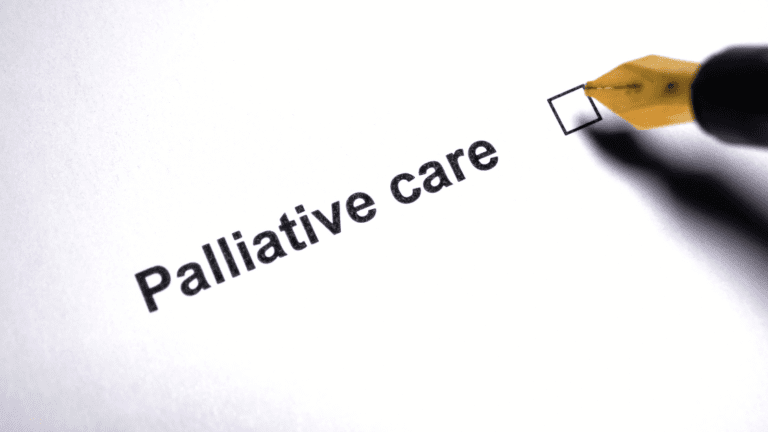
Six Signs It’s Time for Palliative Care
- Admin
- September 12, 2023
- 10:02 pm
- No Comments
Facing a serious illness or chronic medical condition can be a challenging and emotionally taxing experience for both patients and their families. During such times, palliative care can provide crucial support, helping individuals maintain their quality of life, manage symptoms, and make informed decisions about their care. In this blog, we’ll explore six signs that indicate it might be time to consider palliative care for yourself or a loved one.
-
Frequent and Severe Pain
Chronic pain is a common symptom of many serious illnesses, such as cancer, heart disease, or advanced respiratory conditions. If you or your loved one experiences persistent and severe pain that isn’t adequately controlled with standard medical treatments, palliative care may be beneficial. Palliative care specialists can work alongside your primary medical team to create a personalized pain management plan, ensuring comfort and relief.
-
Multiple Hospitalizations
Frequent hospitalizations can take a toll on both physical and emotional well-being. If you find yourself or your loved one repeatedly seeking emergency care or spending prolonged periods in the hospital due to an ongoing health condition, palliative care can offer assistance. Palliative care teams can help manage symptoms, coordinate care transitions, and provide guidance on treatment options to reduce hospital visits.
-
Declining Quality of Life
As a serious illness progresses, the overall quality of life can decline significantly. Palliative care focuses on improving the patient’s quality of life by addressing not only physical symptoms but also emotional and psychological distress. Whether it’s managing depression, anxiety, or spiritual concerns, palliative care specialists are trained to offer comprehensive support.
-
Difficulty Managing Multiple Medications
Complex medication regimens are common when dealing with serious illnesses. Juggling multiple medications, each with its own dosing schedule and potential side effects, can be overwhelming. Palliative care teams can help simplify medication management, ensuring that the patient receives the right drugs at the right time while minimizing adverse effects.
-
Uncertainty about Treatment Options
Serious illnesses often come with complex treatment decisions, including choices about aggressive medical interventions, hospice care, or palliative care. If you or your loved one are unsure about which path to take, palliative care specialists can provide guidance and help navigate the decision-making process. They focus on aligning treatments with the patient’s goals and values.
-
Emotional and Spiritual Distress
Facing a serious illness can lead to emotional and spiritual distress for both patients and their families. Palliative care teams provide emotional support and counseling to help individuals cope with the challenges of their condition. Additionally, they can facilitate discussions about end-of-life wishes, ensuring that patients’ values and beliefs are respected.
Conclusion
Palliative care is a valuable resource for individuals dealing with serious illnesses, offering holistic support to enhance their overall well-being. If you or a loved one exhibit any of the signs mentioned above, consider discussing palliative care as an option with your healthcare provider. Remember that palliative care can be integrated with curative treatments and is not synonymous with hospice care; it’s about improving the quality of life throughout the illness journey. Don’t hesitate to reach out to palliative care specialists who can help you or your loved one navigate this challenging time with dignity and comfort.
